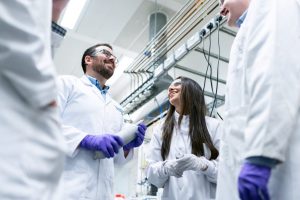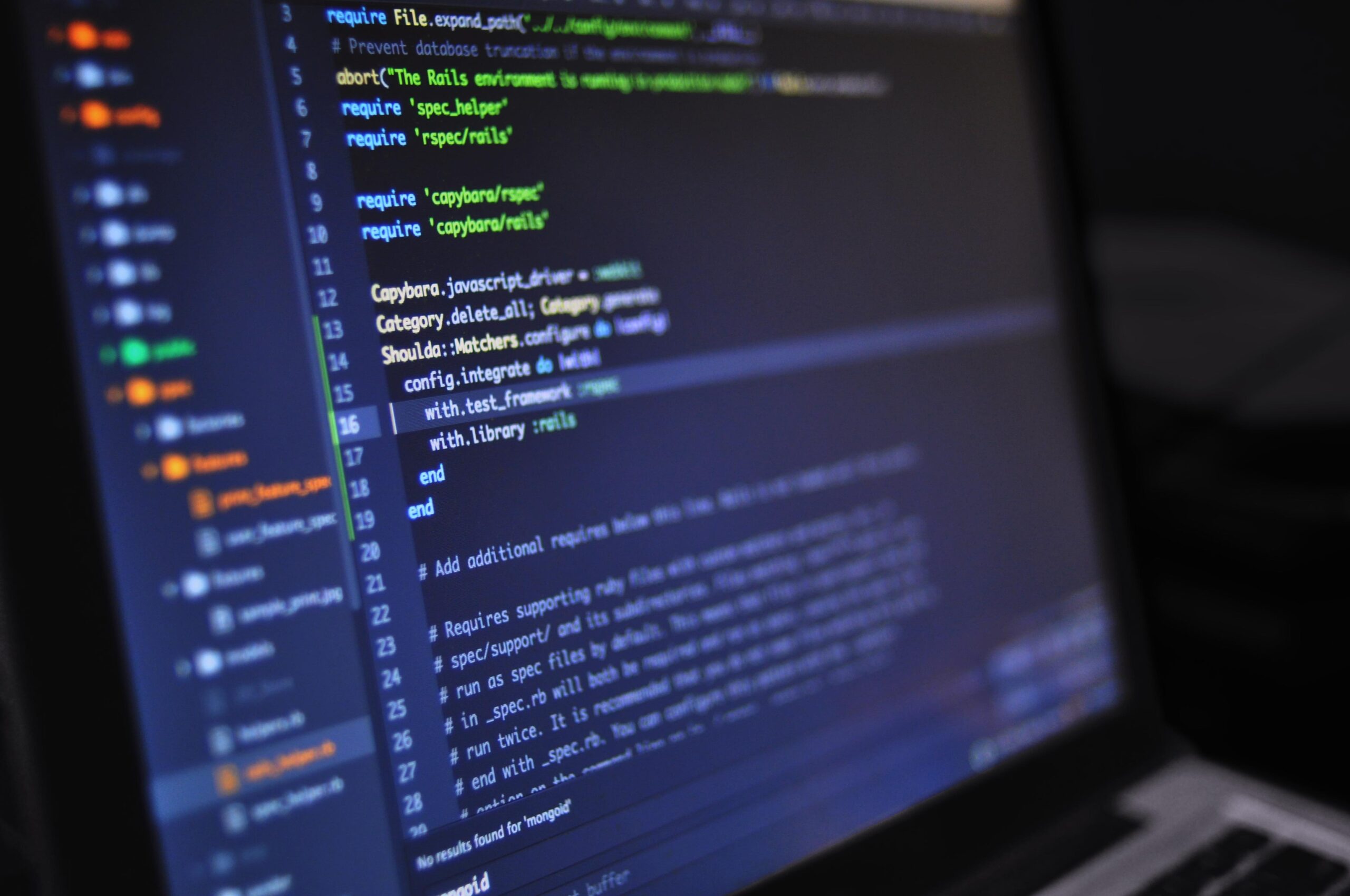On Wednesday, October 7th, we had the opportunity to interview Eng. Carlos Isaac-Romero, president of the Carolina Chapter of the Colegio de Ingenieros y Agrimensores de Puerto Rico (CIAPR), and director of manufacturing at Envasadora Azúcar. We discussed rising technological trends in the manufacturing industry, and up next, we will be sharing the most important topics of our conversation.
As president of manufacturing at Envasadora Azúcar, can you tell us what are some of your responsibilities?
“As you may know, I’m an industrial engineer, and I define my role as the integration of people, human resources, machinery, and the environment. It’s creating harmony, so that you have an efficient production system that’s also cost-effective, and that doesn’t harm the environment. In this role as director, it is my duty to develop new production lines and automatization processes. If we’re talking about the manufacturing industry on Puerto Rico’s level, we can say that it is very much growing, particularly in the food segment. This is due to the fact that, unfortunately, here in Puerto Rico we import 85% of what we consume. If you go to the supermarket, you’ll see that most of the products are from the outside. This is why there are so many fellow engineers and companies that are seeing this as an opportunity, and betting on our ability to develop those very same products here in Puerto Rico, while creating new jobs at the same time”.
What does technology mean to you?
“It can mean many things, but I define it as a tool and as an opportunity. Human beings have the ability to solve problems, and to look for ways to make our lives easier. There are many people that can feel insecure when facing change. In my day to day, with the processes we evaluate and manage, technology has to be present. Puerto Rico has to see itself in a global vision, and technology allows me to see how efficient my processes can be, and it facilitates error reduction. There are ways of making inspections 100% accurate, and of resolving complex problems with simple solutions.
What are, in your opinion, the technological trends that are increasing in the manufacturing industry?
“There are many new ways to make things easier, but as I mentioned before, one important trend is the use of data and information, which is how machines communicate, and can be used to extract information in processes and sales. This allows you to see where your opportunities are. In terms of packaging, there are 3D printers, not only for production, but also to design efficient and attractive packaging for the consumer. They are even printing organs now, in the industry of medical devices. As I also mentioned, inspection systems can have a camera now in their production line so that it captures all the defects you don’t want. In manufacturing lines, robots don’t replace humans, but instead support production. Artificial intelligence, along with robots, make them adapt more and more in order to be more flexible so that our need can be met”.

What do you think about technology possibly causing jobs to be eliminated in the future?
“We want to be more efficient, but that doesn’t mean that we’re going to eliminate jobs. The vision we have at our company isn’t the termination of jobs, on the contrary, if you have a production line that uses 10 people, and you can implement technology and do it with only five instead, then you have 5 additional team members for developing something else. This way you can keep growing and have better capacity. This also allows us to create better paying jobs, since robots can’t fix themselves. Someone has to go in, diagnose the problem, and repair them so that the line of production that depends on that robot can keep being efficient. It gives operators and mechanics an opportunity to learn more about the new technology to land a better paying job”.
“It allows us Puerto Ricans to regain what we used to have, and it gives us competitive advantage over other countries, because in order to compete with them, we must first implement these new trends in terms of line production and automatization, while also learning. The manufacturing industry in pharma, for example, sees a potential in terms of Puerto Rico’s personnel and human resource, because of their capability to execute and develop products of great quality”.
What do you recommend to professionals in the field, in terms of the new technology being developed in the manufacturing industry?
“Puerto Rico doesn’t have natural resources that sustain its economy, like petroleum, for example. It depends mainly on tourism and it’s people, qualified people that can make a difference in the manufacturing of products. We have to become experts, and in order to do so, we must educate ourselves, while embracing new technology and change. We need to become an efficient country, and the responsibility to change our direction is upon us. Manufacturing is a main part of our economy, so it is essential that we become experts in the matter”.

